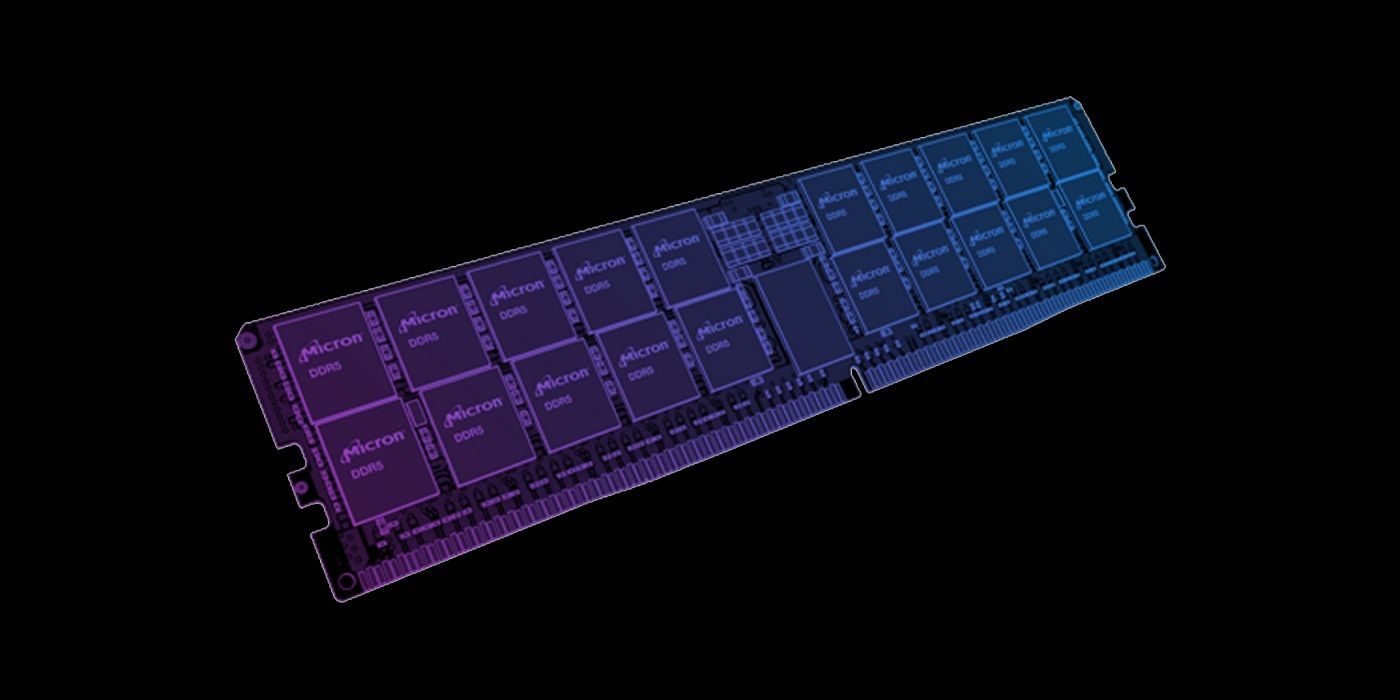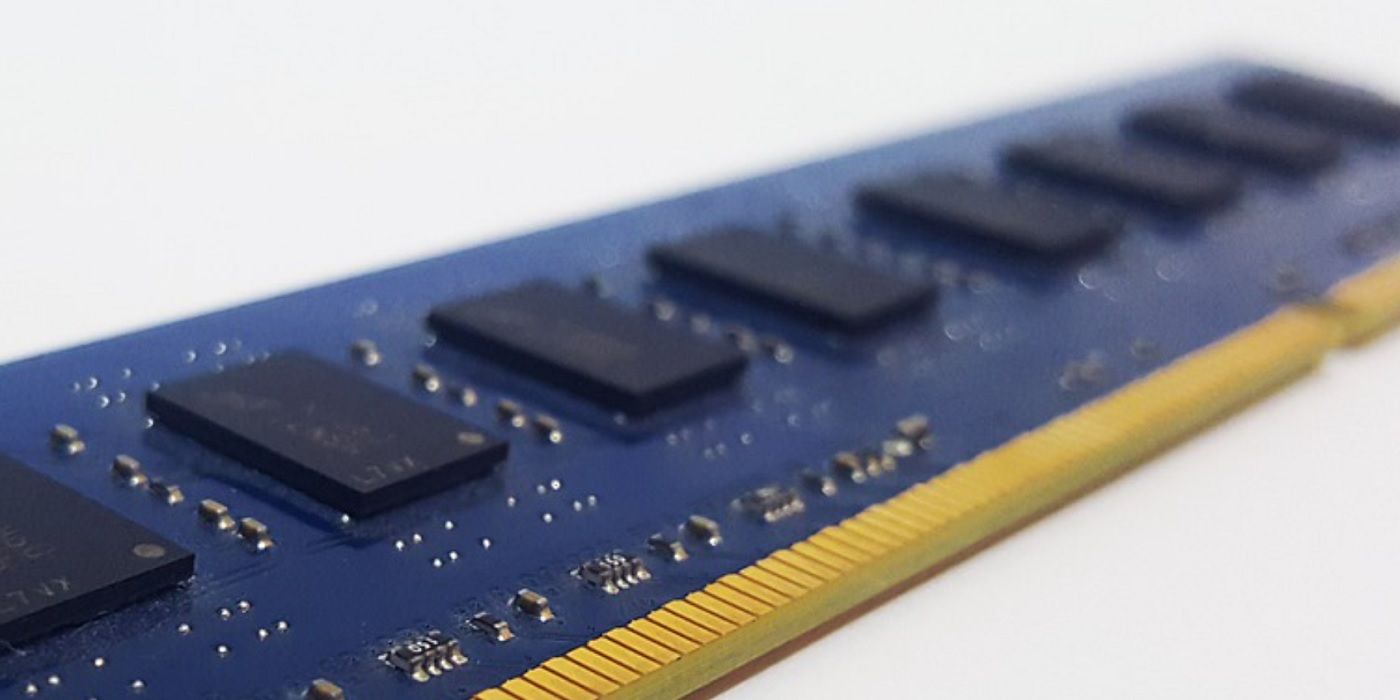Random Access Memory, or RAM, is the component of the PC that temporarily stores data in itself so that the CPU can quickly access info that's needed rapidly. Things like maps and assets in video games, which need to be loaded up rapidly, are conveniently stored on RAM, which acts as a quick distributor to the CPU in situations where a hard drive or SSD would prove too slow. This is why having at least average RAM, or upgrading to the best RAM possible, is important for keeping a PC running smoothly.
Currently, the gaming standard for RAM is locked at DDR4 as a rule of thumb. DDR4 is the fourth iteration of the Double Data Rate method of memory storage. While some gamers are perfectly content with gaming on old CPUs, budget graphics cards, and DDR3 (or earlier, in some cases), the contemporary AAA titles of today almost demand the use of DDR4 RAM. For one thing, modern CPUs are built to be compatible with motherboards that almost exclusively use DDR4. Another issue is the speed of the RAM itself, from DDR3 to DDR4, is far, far quicker and results in a much better gaming experience as a whole.
With DDR4 RAM now nearing the end of its lifecycle, DDR5 RAM has taken the center stage as the next big jump in gaming components. The latest up and coming CPU lineups, Intel's 13th gen CPUs and AMD's Ryzen 7000 series, will both support DDR5 RAM and will absolutely need it to have full advantage taken of their capabilities. Benchleaks spotted a test run with the i7-13700k, from Intel, which shows a performance gain of over 80% and 15% in multi-threaded and single threaded performance, respectively, in comparison to AMD's previous generation's equivalent 5800X. The performance boost is owed to many complicated factors, but the ability to slot DDR5 RAM next to it is absolutely one of them. This means that, if you can afford it, you should absolutely grab some DDR5 sticks to compliment the new generation of hardware as soon as possible. That said, there are a number of extra stipulations and information that might change whether or not a user upgrades immediately or waits the market out.
Should You Upgrade, Or Wait?
The question is a fairly easy one to answer for most users (upgrade!). However, and depending on which CPU producer a gamer prefers, there may be room for niche market timings. If the preferred company is AMD and the current goal is getting a Ryzen 7000 (Zen 4) processor ASAP, upgrading to DDR5 RAM is going to be an absolute necessity since, unfortunately, Zen 4 processors aren't likely to support DDR4 RAM. For Intel connoisseurs, there isn't really a right or wrong answer. The 13th generation Intel processors are going to support both DDR5 and DDR4 (3200MHz) RAM, so upgrading isn't exactly required. That said, throwing the cash out for a brand new generation of CPU only to not pair it with its best partners in RAM might be a little counterintuitive. Although such a build does leave one with the opportunity to upgrade to DDR5 later on, but with a new motherboard to boot. In either case, the cost of the latest generation of CPU, RAM, and motherboard is going to add up quick.
Thanks to Intel's decision to make its new CPU's DDR4 and DDR5 compatible, gamers will have the choice of sticking with DDR4 RAM for a while longer before upgrading in the future. That said, AMD users will be forced to make the change as soon as they get their hands on the Zen 4 processors. This might seem annoying, but if RAM's history has taught the PC community anything, it's that once the RAM standard changes from one iteration to the next, gamers are going to have to bite the bullet at some point and jump aboard. For those who like having the best gaming experiences now rather than later, an early switch with AMD might be the best move. For those who prefer saving a buck and don't feel the pressure or need for a better PC, waiting for likely sales and natural price drops while building with Intel is a great option that eventually moves a user into the DDR5 RAM world.
Source: Benchleaks/Twitter


